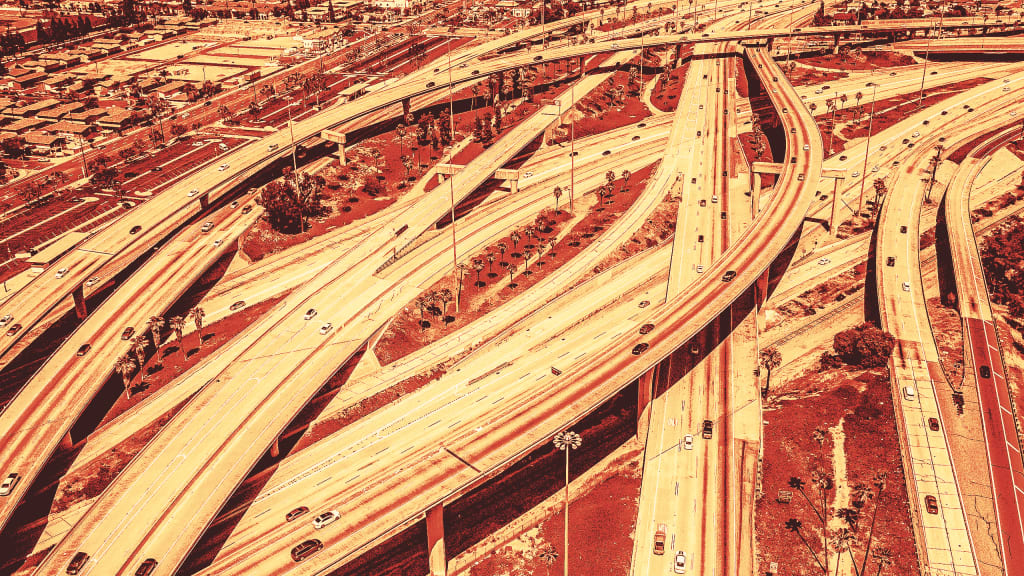
""Our brain tricks us into believing the low-hanging fruit really is the ripest," neuroscience researcher Dr. Nobuhiro Hagura said. "We found that not only does the cost to act influence people's behavior, but it even changes what we think we see.""
"Human behavior is often just following the path of least resistance. Not necessarily because we're lazy, but because our brains are wired to conserve effort."
Human behavior tends to follow the path of least resistance due to the brain's tendency to conserve effort. When faced with friction, individuals are less likely to continue their activities. Research reflects this through a study where participants altered their judgments based on the effort required for actions. Neuroscience research shows that the effort involved influences not just behavior but perception, leading individuals to favor easier actions without realizing it. This highlights how unconscious decisions shape our interactions with our environments and the infrastructure we navigate.
Read at Fast Company
Unable to calculate read time
Collection
[
|
...
]